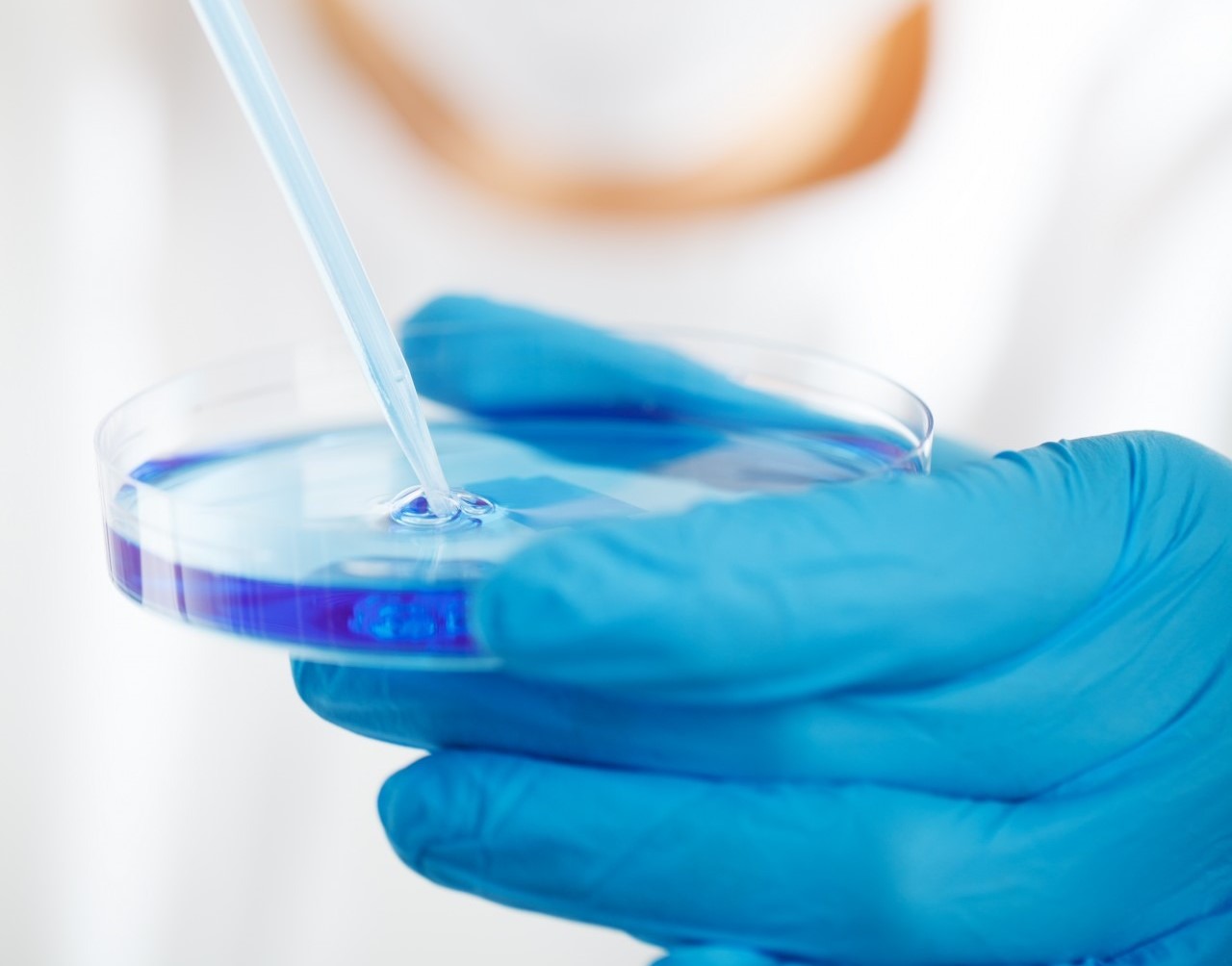Will cellular agriculture fill our plates of tomorrow?
Since 1990, many researchers and start-ups have been working to create the meat of tomorrow.
The first to encourage these researches was the Dutchman Willem Van Ellen, a retired businessman. He asked researchers of the University of Amsterdam to work on the development of an in vitro meat. The project went all the way to the end as they reproduced a hamburger, the “Frankenburger”, tasted by an American journalist and an Austrian nutritionist. They found that the taste was very similar to one traditionally produced meat, although less tender. One reason for this is the absence of fat in artificial meat.
Today we are talking about cellular agriculture. The techniques used make it possible to reconstitute animal tissues by culturing, in an adapted environment, cells taken from the animal.
To define this artificial meat, INRA (French national body for agronomic research) prefers to speak of animal protein pile rather than meat, because it contains neither nerves, blood vessels nor fat. Moreover, it is not subject to the maturation process.
Cellular agriculture is a fully-fledged breeding and production method that offers several advantages to face up to today’s society issues. Especially when we know that by 2080 world meat consumption is expected to increase by 58%*.
Here are 3 reasons why research is interested in artificial meat:
Ecology
Producing meat requires a lot of water, and has an impact on the greenhouse effect, particularly because of the methane produced by animals. As for laboratory meat, it is a source of CO2 and would have a greater impact in the long term. The question then is how to reduce this impact and focus on the energies used for this new mode of production.
Health
Farming meat contains growth hormones, GMOs, antibiotics, etc. These elements can be a source of cancer and heart diseases in humans. Artificial meat, which is grown in a sterile environment, offers better traceability and is not or only slightly exposed to the above-mentioned elements.
Animal suffering
Scientists are still working on this subject because today, although no animals are killed to produce these stem cells, scientists need fetal calf serum (FSC), whose extraction remains controversial.
There are still many outstanding questions and challenges, but research is progressing quickly.
Would you be ready to eat synthetic meat?
*Source : World agriculture towards 2030/2050, The 2012 Revision. FAO & ONU
For more information :
